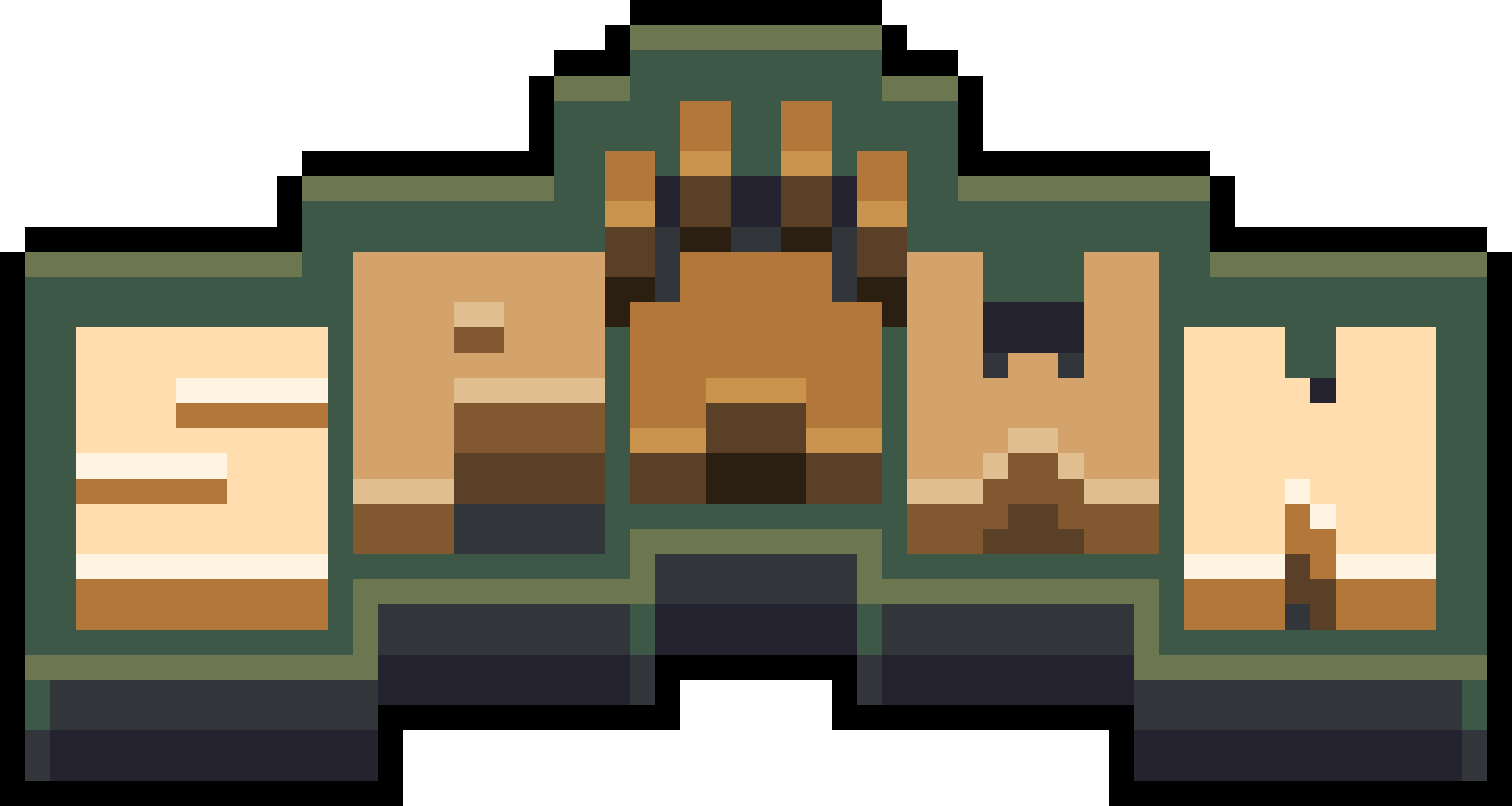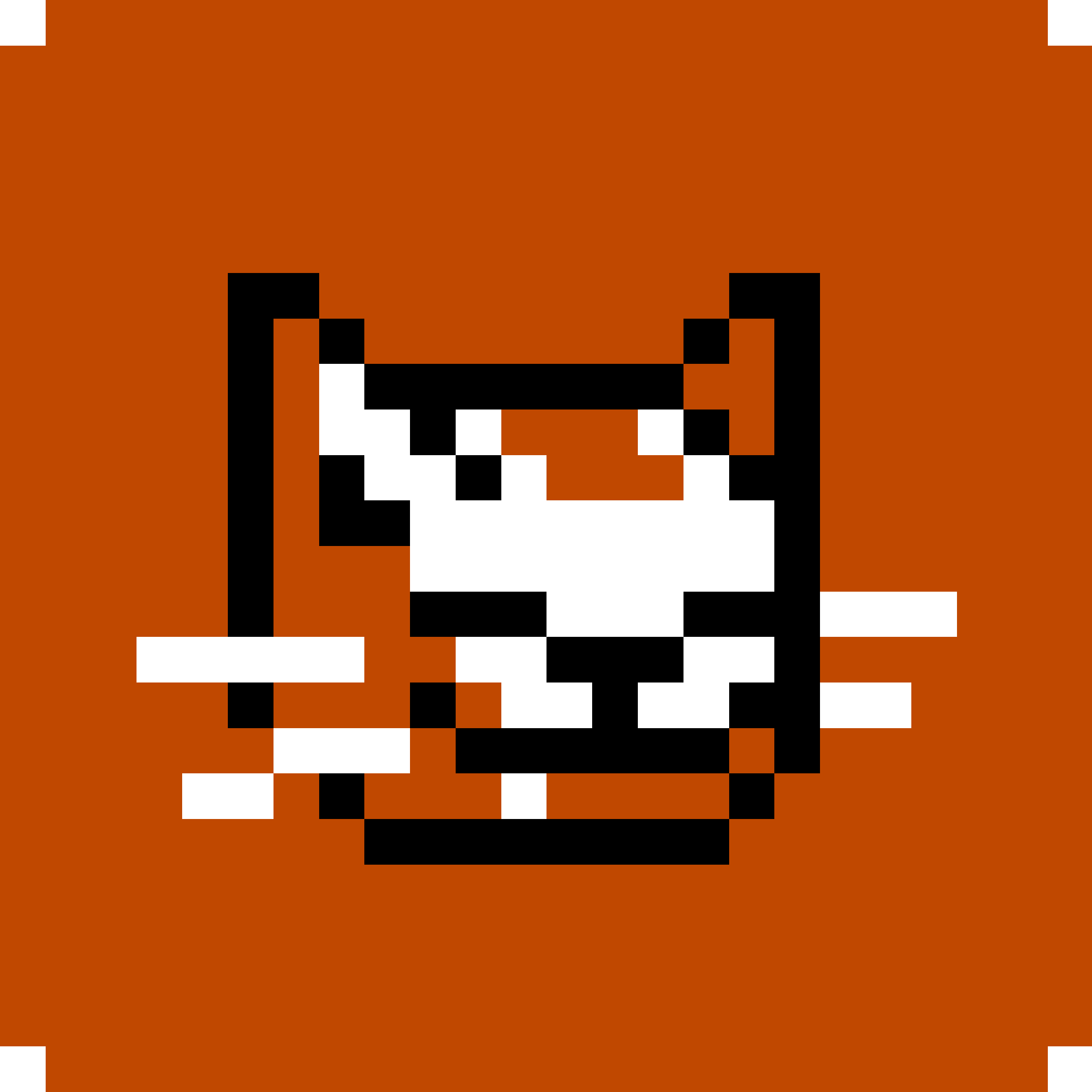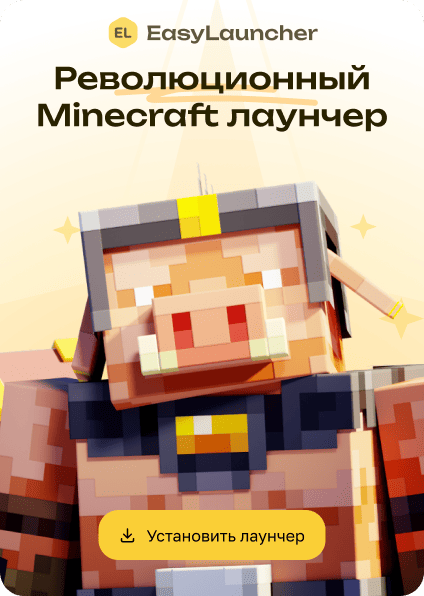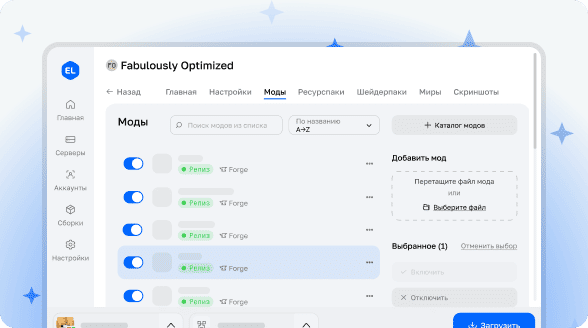

About Spawn Mod

The Spawn mod significantly expands the Minecraft world by adding various animals along with new blocks, mechanics, and even biomes! Your world will now be inhabited by creatures ranging from tiny to enormous.
Technical Features
Development is ongoing for Minecraft 1.20.1 using Forge. Backports to older versions are not planned. Starting from version 1.21.1, the mod will use Neoforge.
Although Spawn doesn't have a built-in configuration system, it offers extensive customization options through datapacks. You can add new animal variants, change their spawning conditions, and even create custom recipes.
New Creatures and Their Features
Angler Fish
Inhabits the depths of deep oceans. These glowing creatures emit shimmering particles and adore shiny items.
- When fed sparkling items, they grant you
5 minutes of night vision - Cannot withstand low pressure and deflate when exposed to air
- Drop themselves as items that can be eaten for
5 seconds of night vision
Tuna
Swims in cold and regular oceans, serving as a food source.
- Breed using fish, laying
Tuna Eggsthat hatch into baby tuna - Too large to be bucketed
- Sometimes jump out of water
- Despawn unless bred from eggs
- Drop
Tuna Chunkswhen killed, which can be cooked, eaten, or made intoTuna Sandwiches
Seahorse
Found in warm oceans and seagrass meadows, exists in various shapes and sizes.
- Move slowly along the bottom
- Make clicking and growling sounds
- Have 4 body types (bonky, lanky, stout, tiny) with multiple color variations
- Sometimes have baby drowned riding them, which drop new music discs when killed
- Color and pattern can be changed in the
Pigment Shifter
Snail
Rarely appears in taigas and old growth pine/spruce taigas.
- Hides in its shell when taking damage or when players approach
- Shell can be knocked off with projectiles, regrows over time
- Shells are used to create bone meal,
Potted Sweet Berries,Escargot, and building blocks - Leave
Mucus Trailswhen wet, slowing down other mobs - Mucus can be collected and turned into slime or
Mucus Blocks Mucus Blocksslow entities and harden near water- With phantom membrane, create
Ghostly Mucus Blocksthat can be walked through freely - Both snails lay eggs when breeding
Hamster
Inhabits plains, meadows, and most commonly sunflower fields. Sunflowers now turn toward the sun and yield Sunflower Seeds.
- Seeds can be roasted and eaten quickly
- Hamsters have
4 default variantsand often stand on hind legs to watch for danger - Tamed with sunflower seeds, can then sit and follow like other pets
- Territorial - tamed hamsters belonging to the same player will fight
- Collect items in cheek pouches, which can be used as portable storage
Ant and Ant Gardens
Spawn in anthills on plains, savannas, and forest biomes. Often found in Ant Gardens - a new biome with Rotten Trees, Fallen Leaves, anthills, and rarely Ant Mounds.
- Neutral, attack if provoked
- Have red and black varieties, black ants found only in
Ant Gardens - Offspring inherit and improve traits from parents when bred
- Work like bees, collecting resources from dead bushes and tall grass
- Anthills with resource level 5 transform blocks beneath them into rotten materials
Ant Moundscan be brushed, anger nearby ants when destroyedRotten Logshave unique woodset that mines fasterFallen Leaves- new decorative blockAnt Pupaerarely found in mounds, spawn tamed ants when used- Tamed ants attack player's enemies, abdomen can be dyed
Ant Farmscreated from pupae, function like beehivesAnt Mounds- underground structures with unique items: pupae,Crown Pottery Sherd,Spade Pottery Sherd, andRot Music Disc
Clam
Found in all oceans in multiple variants, suitable for aquariums or processing into food and useful shells.
- Have three shapes (wedge shell, scallop, giant clam), latter only in warm oceans
- Giant clams anchor to sand and corals, produce bubbles
- Can be collected by hand and placed anywhere
- Turn into
Clam MeatandShell Fragmentsin crafting table - Shell fragments with pressure plate create
Clam Launcher- redstone block that launches entities - With string, create
Casting Netthat captures multiple mobs of same type - With prismarine and heart of the sea -
Pigment Shifterthat changes appearance of tropical fish, clams, seahorses, and axolotls
Sea Cow and Seagrass Meadows
Inhabits Seagrass Meadows - new tropical biome with Algal Sand and Big Sea Pickles.
- Algal sand spreads to adjacent sand within the biome
- Big sea pickles can be bone mealed on corals and stacked infinitely
Sea cows - peaceful creatures grazing on seagrass.
- Despawn unless interacted with
- Can be milked
- Grow seagrass on their backs that can be sheared
- Nibble on tall seagrass, turning it into
Trimmed Seagrassthat regrows over time - When fed and then grazing, can find various items: dead corals, fans, coral blocks, armor trims, sea pickles, ink sacs, bones, wet sponges, gold, copper, scutes, nautilus shells,
SchoolandShellpottery sherds, tide armor trims
Octopus
Rarely found in all oceans, makes amusing sounds.
- Swims, walks, and crawls along the bottom
- Has 5 biome-based variants
- Can be found in
Octopolisstructures - Fits into various items with holes
- Collected and placed using
Octoducts- redstone blocks with collect/expel modes - With octopus and chest, create
Locked Chestopenable only by owner or with key
Sunfish
Large, sluggish fish that basks near the surface in cold and lukewarm oceans.
- 4 variants: Starry and Noon in cold biomes, Earl and Eve in warm biomes
- Adults turn on their side and relax during the day
- Rise to surface during day, descend at night
- Breed with tropical fish, herring, or seagrass, giving birth to multiple newborns
- Take twice as long to grow, have newborn and baby stages before adulthood
- Only young fish can be bucketed or netted
Herring
Common fish that swim in large schools in seagrass meadows, oceans, and lukewarm oceans.
- Drop themselves, can be cooked
- Schools use boids algorithm for realistic group behavior





